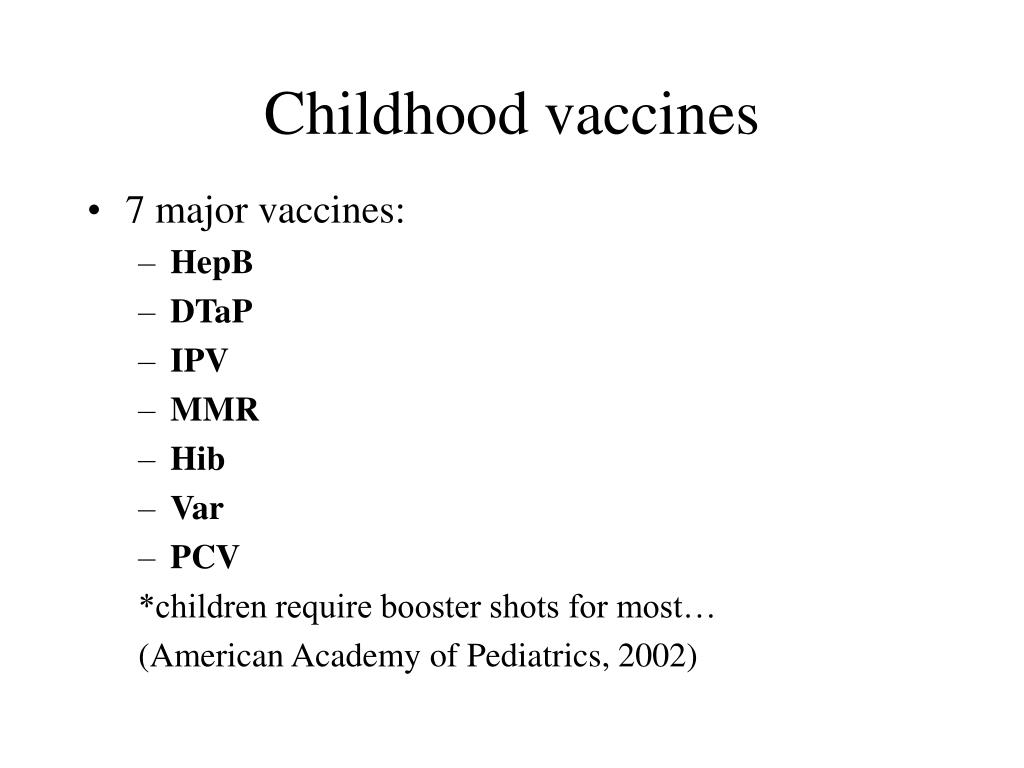

1 A number of antibodies against cardiac proteins have been identified in DCM, eg, antibodies against mitochondrial proteins, contractile proteins, and β 1-receptors. The removal of antibodies of the IgG-3 subclass may represent an essential mechanism of immunoadsorption in DCM.ĭisturbances in humoral and cellular immunity have been described in patients with dilated cardiomyopathy (DCM). Left ventricular ejection fraction increased only in the anti-IgG group ( P<0.05 versus protein A).Ĭonclusions- Autoantibodies belonging to IgG-3 may play an important role in cardiac dysfunction of DCM. m −2 in the anti-IgG group ( Pm −2 in the protein A group and 3.0☐.2 L.After 3 months, before the last immunoadsorption course, cardiac index was 2.2☐.1 L In the anti-IgG group during the first immunoadsorption course, cardiac index increased from 2.3☐.1 to 3.0☐.1 L Hemodynamics did not change in the protein A group.

The β 1-receptor autoantibody was effectively reduced only by anti-IgG ( P<0.01 versus protein A). IgG-3 was effectively eliminated only by anti-IgG adsorption (eg, during the first immunoadsorption course protein A, −37±4% anti-IgG, −89☓% P<0.001 versus protein A). Methods and Results- Patients with DCM (left ventricular ejection fraction 80%). The role played by autoantibodies belonging to the immunoglobulin (Ig) subclass G-3 in cardiac dysfunction remains to be elucidated.

Circ: Cardiovascular Quality & Outcomes.Arteriosclerosis, Thrombosis, and Vascular Biology (ATVB).


 0 kommentar(er)
0 kommentar(er)
